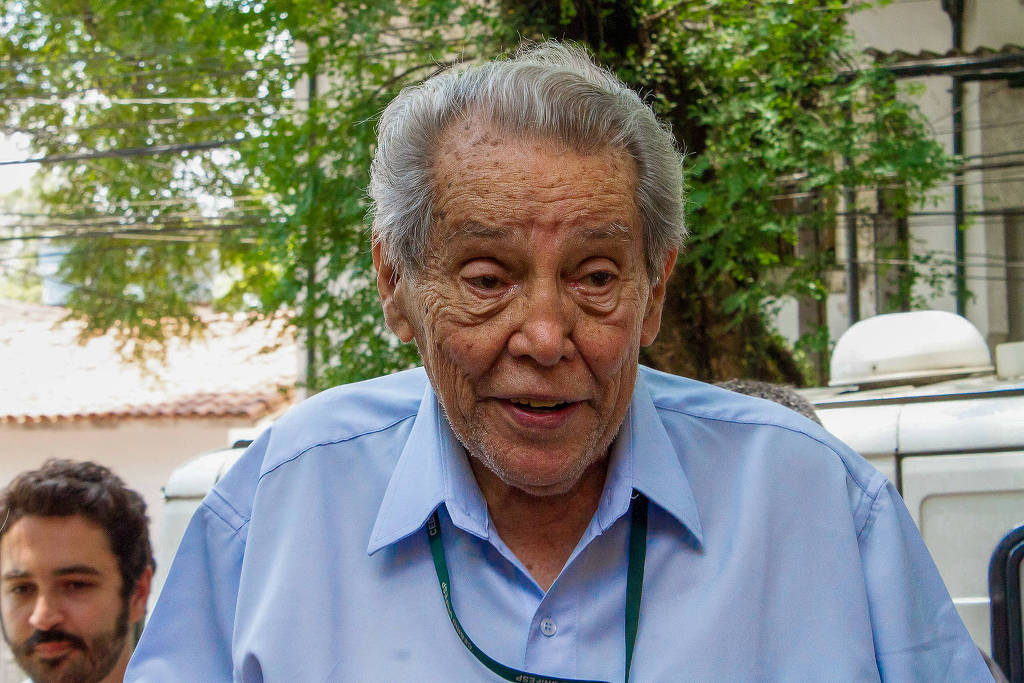In favor of the Elisaldo Carlini Law
Regulation will allow research and production of Cannabis-based medicines
Originally published at Folha de São Paulo, October 4, 2020.Marcelo de Vitta Grecco
Co-founder and director of business development at The Green Hub
Patrícia Vilella Marino
Co-founder and President of the Humanitas360 Institute
Our first reaction after reading so much nonsense about Cannabis recently, as told by representatives of various areas regarding the bill 399/15, is one of outrage. But then, on second thought, you have to look at the glass half full. We have also never seen so many “ordinary” people interested in the subject matter. And, in the midst of this troubled moment, comes the news of the death of doctor Elisaldo Carlini at 91 years old, one of the pioneers in the study of medical Cannabis in Brazil.
The country certainly loses a great and internationally recognized scientist who, until the end, studied the effects of marijuana and other drugs in the treatment of diseases. An example of perseverance and seriousness to be followed. We are on the list of those who defend the creation of the Elisaldo Carlini Law, which will allow national research and production of Cannabis-based medicines.
This law, however, can and should go further, albeit this does not mean the legalization of marijuana in the country. Out of ignorance or bad faith, this is the argument used by many people and entities at the moment.
After a recent debate held by a special committee in the Chamber of Deputies, formed to discuss the bill 399/15, the Ministry of Agriculture warned of the “possibility of misuse that could occur in spite of the true rural producers”. The National Conference of Bishops of Brazil (CNBB), in turn, pointed out in a letter that such a law “creates an environment for a true chain of marketing and consumption of marijuana in Brazil.” There are still people who raise suspicions about “what is behind” those in favor of the project.
Let’s look, then, at the farm bill signed by President Donald Trump in late 2018. With support from Democrats and Republicans, the United States was finally able to grow hemp again after 50 years of prohibition. With less than 0.3% tetrahydrocannabinol (THC), hemp is a plant that has no psychoactive effect and can be transformed into more than 25 thousand products. Estimates point that this law will inject US$ 1 trillion in the North American economy. In other words, “what is behind” this legalization is a look at the country’s economic development.
The North American model, however, is not perfect, because it focuses only on medicinal use, leaving aside another 24,999 possibilities of use of this raw material. Farmers viewed hemp as the “green gold” and replaced the cultivation of other plants, such as corn, causing an imbalance in the price of some commodities.
The Canadian model, which has not previously prepared the distribution chain, may also be imperfect. Or the Uruguayan, for delaying the regulation of the product export. Colombia also faces difficulties, since its geography is not always fit for cultivation. Our advantage is being able to analyze what worked out or not in other countries so as not to create a law that is disconnected from the world reality.
Also, this debate cannot be placed in the center of a ring between left and right. We need to find ways to control and supervise the product quality, and to study the gradual liberation of licenses for various industries in a homogeneous way, not only focused on the medicinal area.
We hope the Elisaldo Carlini Law becomes a reality as soon as possible. It will do justice for this great scholar and for the country.

